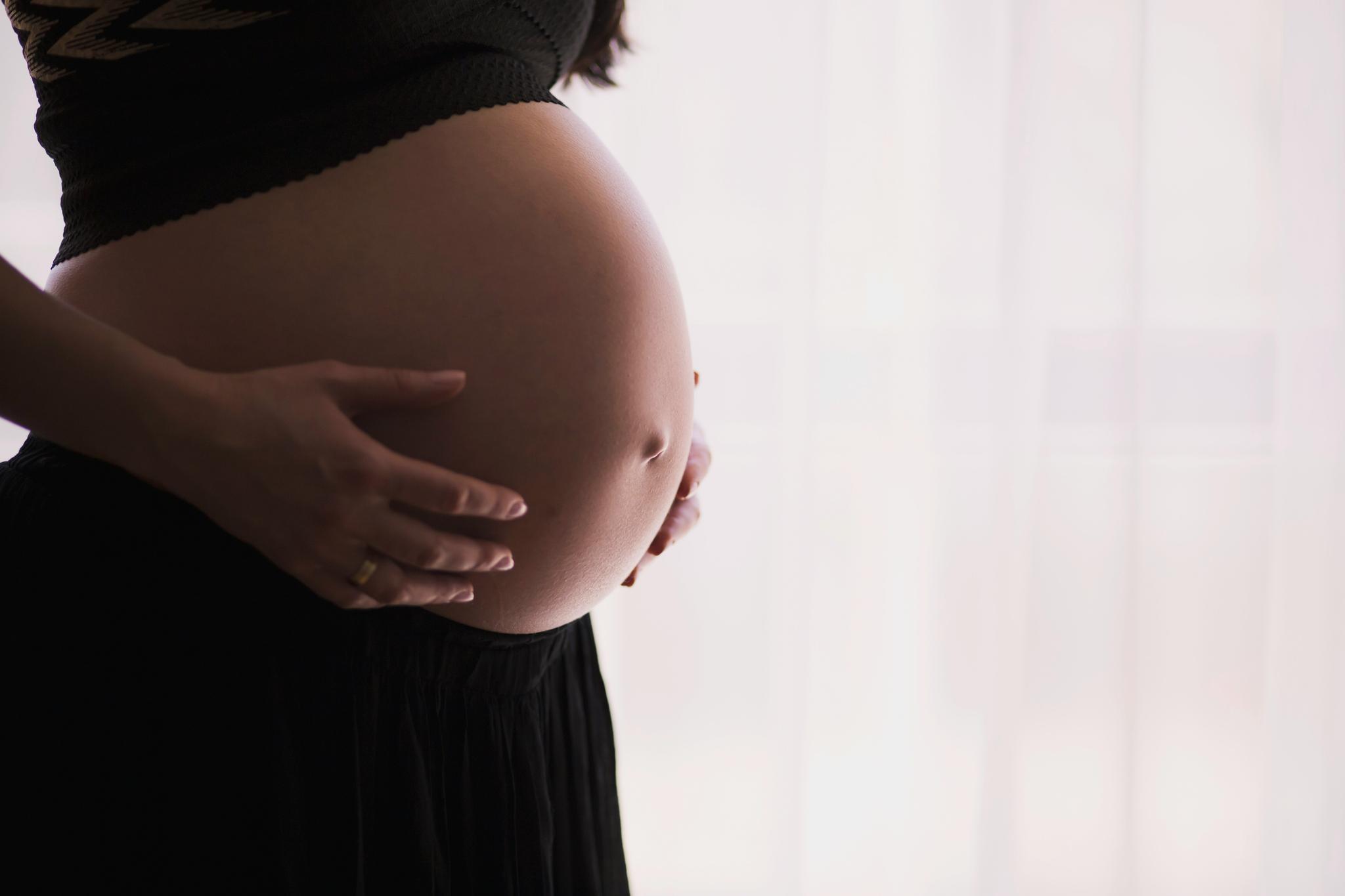Pregnancy Hormones
Last updated
First published

Pregnancy hormones
When an egg succeeds in being fertilized and gets stuck in the uterus, extra hormones are immediately formed in the body. The further into the pregnancy you get, the greater a concentration is created, affecting everything from your mood to your skin. They can sometimes make you feel like someone else - but there is a meaning to the madness as they all support your pregnancy.
HCG - The Pregnancy Hormone
Human Chorion Gonadotropin (HCG) is a hormone that is only formed in the body when you are pregnant. The hormone is first created by the fertilized egg approximately nine days after fertilization and later by the placenta.
HCG is also called the pregnancy-preserving hormone, as it sends signals to the brain to stop menstruation and, at the same time, ensures that the fetus is not rejected and aborts. However, studies have shown that the more HCG the body produces during pregnancy, the less risk of having an abortion.
How much HCG is formed during pregnancy differs from woman to woman and can vary from 5-50 international units in week 3 to 6,000-48,000 international units in week 27-40.
Progesterone
Progesterone is an essential hormone for getting pregnant as it stimulates the lining of the uterus so that it becomes receptive for a fertilized egg to get stuck. However, it is not only before pregnancy that the hormone plays a role as the amount of it increases when you get pregnant.
Because during pregnancy, the hormone prevents the uterus from making too many muscular contractions, which reduces the risk of premature birth. It happens because the hormone goes in and relaxes the smooth muscles - on the other hand, it just has the side effect that the sphincter of the stomach also becomes more relaxed and thus gives an increased risk of heartburn and acid regurgitation.
Estrogen
Estrogen and progesterone are essential because they support pregnancy and the fetus. As soon as you get pregnant, the estrogen level rises, which peaks in the third trimester. During pregnancy, you produce as much estrogen as you do for the rest of your life when you are not pregnant.
Estrogen is a hormone that goes in and regulates the level of progesterone, which strengthens the placenta and keeps the uterine lining healthy. However, estrogen also prepares the uterus and cervix for childbirth and labor pains.
Finally, estrogen controls the communication between the fetus and the placenta regarding growth and development.
Prolactin
Prolactin is the hormone that ensures that you can produce milk and breastfeed. The hormone level gradually increases throughout pregnancy and is at its highest up to birth, which you will also be able to feel clear.
Prolactin ensures that you as a pregnant woman can establish a milk production already from the last half of the pregnancy, so you can breastfeed no matter when the baby is born. To keep production down and ensure that your breasts do not run, the placenta produces the milk-inhibiting hormones estrogen and progesterone until a few days after birth, where the body cleanses them from and gives prolactin free play so that the milk can run.
Contents
Healthy pregnancy?
We have the best app for a healthy pregnancy. Track, learn, and enjoy your pregnancy with Bornly.
References
The Healthline Editorial Team
()What Bodily Changes Can You Expect During Pregnancy?
Johns Hopkins Medicine
Hormones During Pregnancy
NCT
Pregnancy hormones: progesterone, oestrogen and the mood swings
Mayo Clinic Staff
1st trimester pregnancy: What to expect
Cleveland Clinic medical professional
Human Chorionic Gonadotropin
